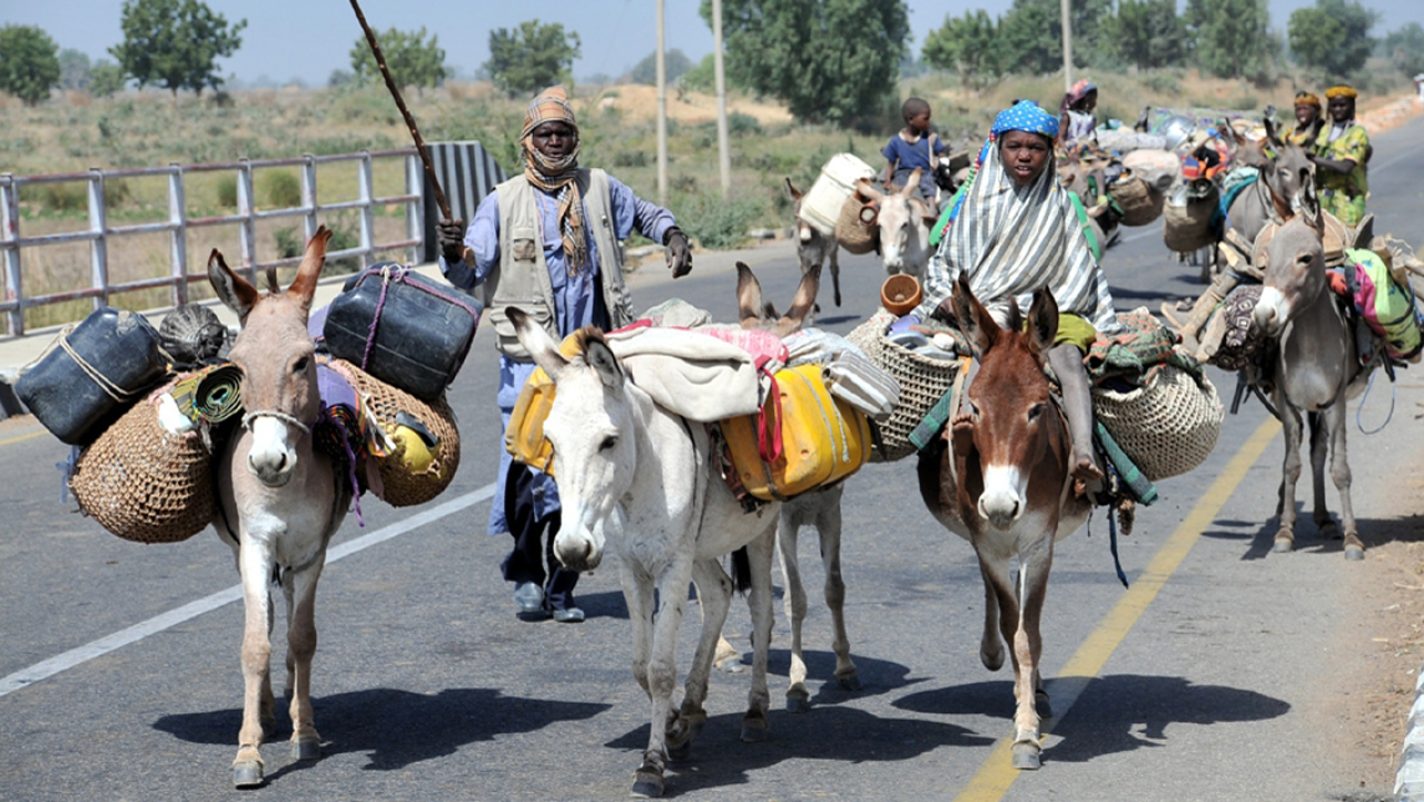Stakeholders have called on the government to enforce policies for the protection of endangered species, and to promote the National Forest Policy that was approved by the Federal Executive Council, aimed at strengthening the management of Nigeria’s vast forest resources against deforestation, while entertaining fears that donkeys may go into extinction due to its steady decline.
The animal breeding and genetics specialist, who works with the Adamawa Agricultural Development Program (AADP), Yola, Adamawa State, John Paul Apagu, while speaking with a journalist, noted that there is a need for regulation because the demand for donkey’s meat is much higher than production.
Donkeys are classified as endangered animals under the Convention on International Trade in Endangered Species of Wild Fauna and Flora, which prohibits the trading of donkey skins, which is considered illegal, and to which Nigeria is a signatory.
Donkey Skin Still on Export Prohibition List-NAQS
Donkeys are hoofed mammals often used in farming and as transportation: they pull ploughs and carts, deliver goods to market, and collect water from wells. While it takes a whole year for a donkey to give birth to a young one, it’s very rare for the animal to give birth to two offspring at a time.
Apagu disclosed that over 16,000 donkeys are transported from the North to the South for meat yearly, stating that his research work for his master’s degree caused him to visit seven states in the Northwest — Kaduna, Kano, Katsina, Kebbi, Sokoto, Jigawa, and Zamfara, which are the largest producers of donkeys in the country, and that he can confirm that the animal is heading towards extinction.
Firm Collaborates with Nasarawa on Donkeys and Cattle Breeding
Also, Mallam Usman Mai Jaki Argungu, a donkey farmer and trader in Kebbi State, disclosed that donkeys have gone beyond the reach of the common man in the country due to some merchants from other parts of the world, who buy in large quantities, lamenting that, a donkey, which sells for between N3, 000 and N10, 000 has increased to between N100, 000 to N150, 000



